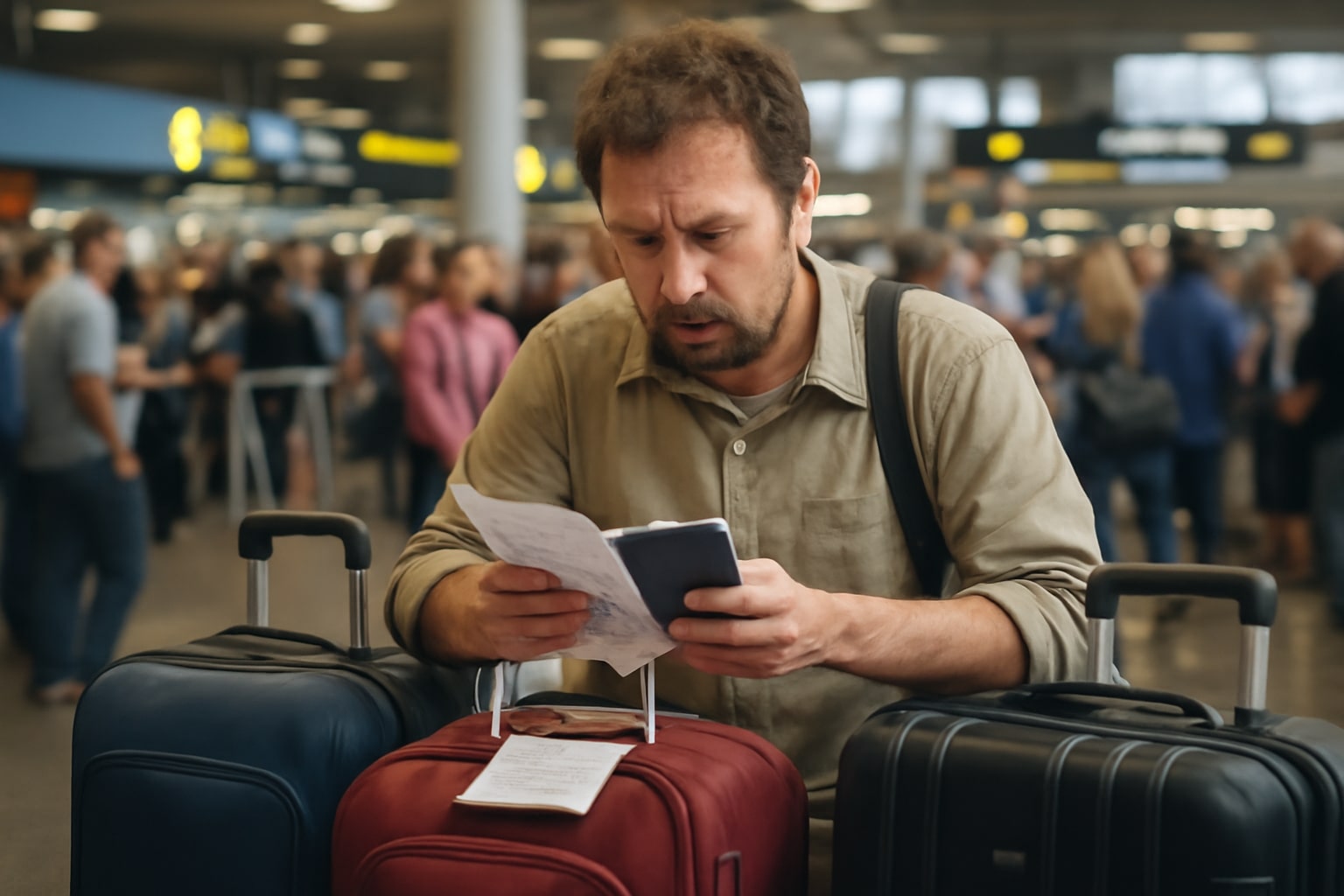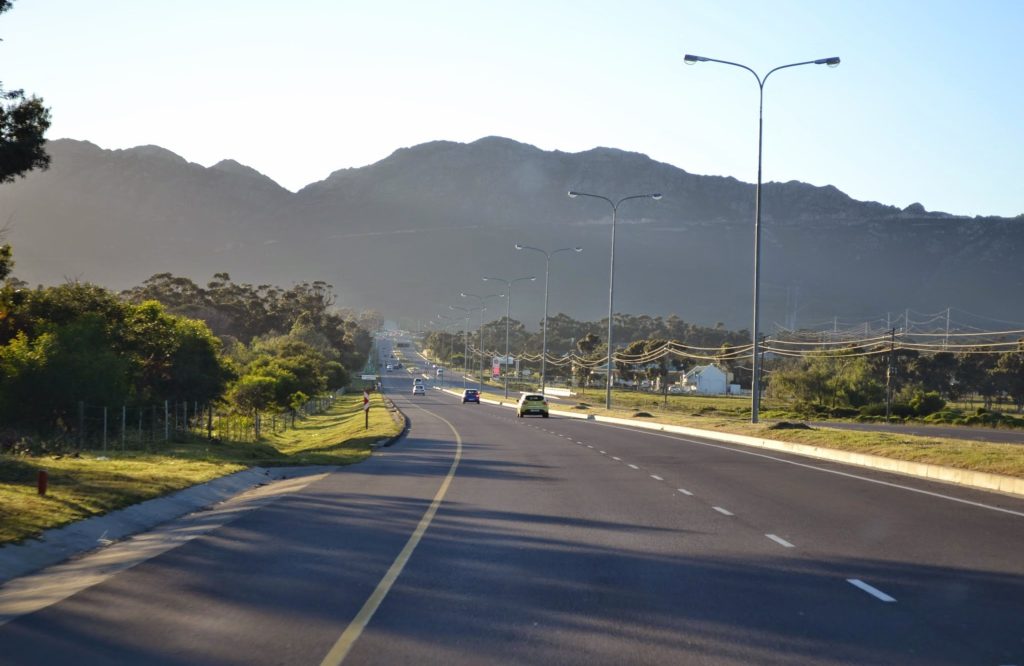Common Travel Mistakes and How to Sidestep Them for a Perfect Getaway
Traveling offers a fantastic opportunity to explore new cultures, create lasting memories, and escape the daily routine. However, a dream vacation can quickly turn into a stressful experience if you fall prey to common travel mistakes. From logistical errors to cultural misunderstandings, these pitfalls can easily be avoided with a little foresight and planning. This comprehensive guide will walk you through the most frequent travel blunders and provide practical advice to ensure your next adventure is as smooth and enjoyable as possible.
Understanding and preparing for potential issues is the first step toward a successful trip. Many travelers, both novice and experienced, make similar errors that can lead to unnecessary expenses, wasted time, and missed opportunities. By learning from the experiences of others, you can better navigate the complexities of travel and focus on what truly matters: soaking in the beauty and excitement of your destination. This article will serve as your go-to resource for sidestepping common issues, helping you to travel smarter, safer, and with more confidence.
1. Overpacking: The Burden of Too Much Luggage
One of the most frequent mistakes travelers make is bringing far too much with them. The temptation to pack for every possible scenario is strong, but it often leads to heavy, cumbersome luggage that is difficult to manage. Dragging a massive suitcase through crowded airports, up flights of stairs at your hotel, or onto public transportation can be physically draining and start your trip on a frustrating note. Furthermore, oversized or overweight baggage can result in hefty fees from airlines, cutting into your travel budget before you even reach your destination.
To avoid this common error, adopt a “less is more” philosophy. Start by planning your outfits and choosing versatile clothing items that can be mixed and matched. Opt for layers rather than bulky items, as they provide more flexibility for changing weather conditions. Packing cubes are an excellent tool for organizing your belongings and maximizing space in your suitcase. Before you leave, do a final review of everything you’ve packed and ask yourself if each item is truly necessary. Remember, unless you’re traveling to a very remote location, you can likely buy toiletries or other essentials at your destination.
2. Neglecting to Book Key Reservations in Advance
Procrastinating on booking flights, accommodations, and popular tours can lead to significant disappointment and higher costs. During peak travel seasons, the best options for flights and hotels often sell out months in advance, leaving last-minute planners with limited and often more expensive choices. Similarly, popular attractions, renowned restaurants, and special events frequently require reservations, and showing up without one can mean being turned away at the door.
To ensure you don’t miss out, it’s crucial to plan and book your most important travel components well ahead of time. Start by researching your destination to understand its peak seasons and identify any must-see attractions or experiences that require advance booking. For popular destinations, it’s wise to book your flights and accommodations at least three to six months in advance. For high-demand tours or restaurants, secure your spots a few weeks to a month before your trip. This proactive approach not only guarantees your place but also often results in better prices and a more relaxed travel experience.
3. Mismanaging Your Travel Budget
Failing to create and stick to a realistic travel budget is a recipe for financial stress. Many travelers underestimate the costs associated with their trip, forgetting to account for things like transportation within the city, food, tips, and souvenir shopping. This can lead to overspending early in the vacation and having to cut back on activities and experiences later on. In a worst-case scenario, you might find yourself running out of money before your trip is over, which can be a very distressing situation to be in a foreign country.
A well-thought-out budget is your best defense against financial woes on the road. Begin by researching the average costs at your destination for accommodation, meals, and activities. Create a daily spending limit and track your expenses to ensure you’re staying on course. It’s also wise to have a contingency fund for unexpected costs, such as medical emergencies or travel disruptions. Inform your bank of your travel plans to avoid having your credit or debit cards frozen for suspicious activity. By managing your money wisely, you can enjoy your vacation without the constant worry of overspending.
4. Ignoring Local Customs and Etiquette
Every culture has its own set of social norms and customs, and failing to respect them can lead to awkward or even offensive situations. What might be considered polite in your home country could be seen as rude elsewhere. Simple things like tipping practices, dress codes for religious sites, and greetings can vary significantly from one place to another. Ignoring these cultural nuances not only marks you as an inconsiderate tourist but can also prevent you from having genuine and positive interactions with local people.
Before you travel, take some time to research the local etiquette of your destination. Learn a few basic phrases in the local language, such as “hello,” “thank you,” and “please.” This small effort is often greatly appreciated and can open doors to more meaningful connections. Be observant of how locals behave and follow their lead. Dress modestly when visiting religious or conservative areas, and be aware of the local customs regarding dining, tipping, and public behavior. Showing respect for the local culture will enrich your travel experience and foster goodwill.
5. Not Having the Correct Travel Documents and Insurance
One of the most critical and potentially trip-ruining mistakes is failing to have the proper documentation. This includes ensuring your passport is valid for at least six months beyond your planned return date, as many countries have this requirement. Additionally, some destinations require visas for entry, and applying for them can be a time-consuming process. Arriving at the airport without the necessary documents can result in being denied boarding, bringing your trip to an abrupt and costly end.
Equally important is traveling with comprehensive travel insurance. Many people underestimate the importance of insurance, viewing it as an unnecessary expense. However, if you experience a medical emergency, lose your luggage, or have your trip canceled, travel insurance can save you from incurring massive financial losses. Before you depart, double-check all your travel documents, make copies (both physical and digital), and secure a travel insurance policy that covers medical emergencies, trip cancellations, and lost or stolen belongings. This preparation provides a crucial safety net, allowing you to travel with peace of mind.



